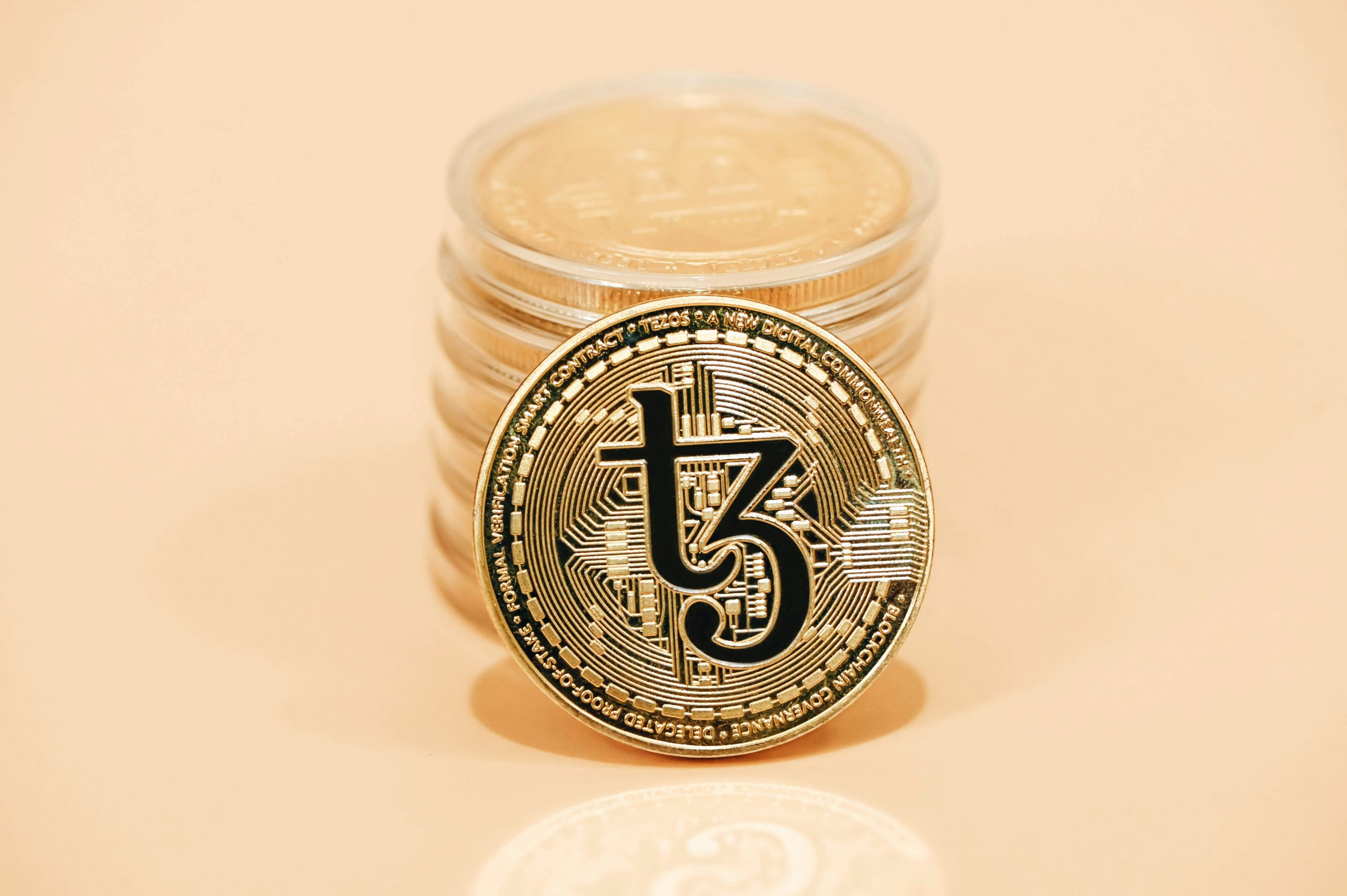Blockchain Contracts: Enforceability Challenges in Global Jurisdictions
Blockchain technology is revolutionizing the way contracts are created, executed, and enforced. The use of smart contracts, which are self-executing agreements with the terms of the contract directly written into code, has become increasingly popular in various industries. By eliminating the need for intermediaries and providing a transparent and unchangeable record of transactions, blockchain contracts offer a level of efficiency and security that traditional contracts cannot match. However, despite their potential benefits, blockchain contracts face challenges when it comes to enforceability in different global jurisdictions. In this article, we will explore the enforceability challenges that blockchain contracts face in various countries and how they can be overcome.
The Rise of Blockchain Contracts
The concept of smart contracts was first proposed by computer scientist Nick Szabo in the 1990s, but it wasn’t until the development of blockchain technology that they became a reality. Blockchain, the technology behind cryptocurrencies like Bitcoin, allows for the creation of a distributed ledger system where records of transactions are stored across a network of computers. This decentralized system provides a secure and tamper-proof record of transactions, making it an ideal platform for smart contracts.
Blockchain contracts are written in code and are executed when certain conditions are met, eliminating the need for intermediaries like lawyers or banks to oversee the contract. This reduces the potential for errors, delays, and fraud, making the contract process more efficient and cost-effective. The use cases for blockchain contracts are diverse, from financial services to supply chain management to real estate.
Enforceability Challenges in Global Jurisdictions
Despite their many benefits, blockchain contracts face challenges when it comes to enforceability in different global jurisdictions. This is primarily due to the lack of regulatory frameworks and laws surrounding blockchain technology. Most legal systems are designed to work with traditional contracts, which involve physical documents and signatures. Blockchain contracts, on the other hand, are entirely digital and executed automatically, making them difficult to fit into existing legal systems.
Another challenge is the issue of jurisdiction. With traditional contracts, jurisdiction is determined by the location where the contract was signed or where the parties are based. However, with blockchain contracts, the parties involved can be located anywhere in the world, making it difficult to determine which laws and regulations apply.
United States
In the United States, the enforceability of blockchain contracts is dependent on state law. In some states, such as Arizona and Tennessee, blockchain contracts are given legal recognition through the enactment of specific laws. However, in most states, there is still no clear legal framework for their use. Therefore, the enforceability of blockchain contracts in the US remains uncertain.
One potential challenge for blockchain contracts in the US is the requirement for a written agreement in some states. While blockchain contracts are written in code, they may not be considered a written agreement under the law, making enforcement difficult. This issue can be addressed by including a written document that outlines the terms of the contract alongside the code itself.
Europe
In Europe, the enforceability of blockchain contracts is determined by the EU’s Electronic Identification and Trust Services (eIDAS) regulation. This regulation recognizes electronic signatures as legally binding, including those used in blockchain contracts. However, there are still specific challenges when it comes to enforceability in different countries within the EU.
For example, Germany has taken a strict approach to blockchain contracts, requiring that they must be written in the German language to be legally binding. On the other hand, in the UK, there is a more flexible approach, with the courts focusing on the intention of the parties rather than the specific language used. This lack of uniformity can create complications for businesses operating within the EU.
Asia
The use of blockchain contracts is growing rapidly in Asia, particularly in countries like Singapore and Japan. However, the enforceability of these contracts varies across different jurisdictions. In Singapore, the Singapore International Arbitration Centre (SIAC) has launched a blockchain dispute resolution platform to provide a secure and efficient way to resolve disputes related to blockchain contracts. In Japan, blockchain contracts are recognized under the country’s Civil Code as a legally binding form of contract. However, in some other Asian countries, there is still ambiguity when it comes to the legal status of blockchain contracts.
Addressing Enforceability Challenges
Given the challenges mentioned above, it is crucial for businesses and individuals using blockchain contracts to take the necessary measures to ensure their enforceability. One way to do this is through conflict of law clauses, which state which jurisdiction’s laws will apply in case of a dispute. These clauses can also include a choice of law, stipulating which country’s laws the contract should be governed by, to provide more certainty.
Furthermore, parties can also include clauses that outline the procedures for dispute resolution, such as arbitration or mediation, to avoid lengthy and costly court battles. Finally, as mentioned earlier, including a written document alongside the code can help establish the intention of the parties and provide more evidence of the agreement’s terms.
In Conclusion
Blockchain contracts offer many potential benefits, such as increased efficiency, cost savings, and reduced potential for fraud. However, their enforceability in global jurisdictions remains a significant challenge. To overcome these challenges, parties using blockchain contracts must be proactive in choosing the right jurisdiction, including clear conflict of law clauses, and utilizing alternative dispute resolution methods. As blockchain technology and its applications continue to evolve, we can expect to see further developments in the legal frameworks surrounding blockchain contracts, providing more certainty and clarity for businesses and individuals alike.











